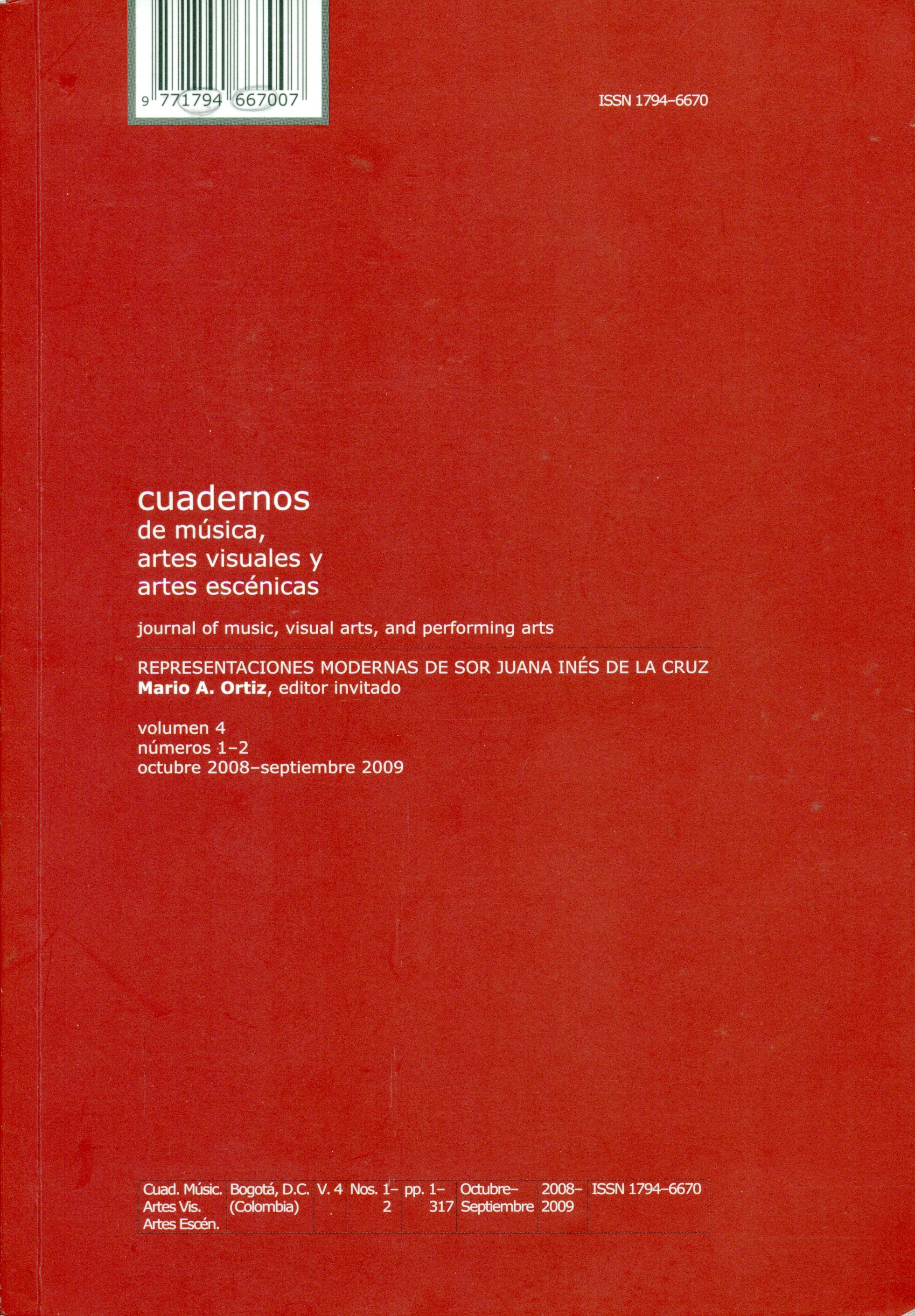Resumo
Jaime Humberto Hermosillo’s film adaptation of Elena Poniatowska’s short story “De noche vienes,” De noche vienes, Esmeralda (1997), questions and challenges gender norms and patriarchal power, just as Sor Juana did in her writings. Unlike the seventeenth–century author, however, he demonstrates women’s power through sexuality and emotion, revealing how such impulses can undermine and disrupt the Law of the Father. The film opens up the possibility of exploring, exploiting, and taming the male gaze—historically a device used as part of the apparatus that suppresses women—and offers an alternative polymorphous “female” gaze, one that counters the effects of patriarchy. De noche vienes, Esmeralda carefully and repeatedly invites the spectator’s active ocular participation in the process of re–defining the power plays of sexuality and gender. While questioning patriarchal convention and tradition, it also asks us to put aside (unconscious) assumptions about propriety and investigate alternative paradigms regarding Mexican national gender roles and sexuality. The protagonist Esmeralda, the ultimate embodied being, strips away the veneer to reveal the emptiness beneath the rules and regulations of patriarchal capitalism, in its nationalistic Mexican form. Taking on the stance of a polymorphic female gaze, spectators of the film can begin to participate in an alternative worldview, one that allows for free expression of love and sexuality, outside the forms created by church and state.Esta revista científica se encuentra registrada bajo la licencia Creative Commons Reconocimiento 4.0 Internacional. Por lo tanto, esta obra se puede reproducir, distribuir y comunicar públicamente en formato digital, siempre que se reconozca el nombre de los autores y a la Pontificia Universidad Javeriana. Se permite citar, adaptar, transformar, autoarchivar, republicar y crear a partir del material, para cualquier finalidad, siempre que se reconozca adecuadamente la autoría, se proporcione un enlace a la obra original y se indique si se han realizado cambios. La Pontificia Universidad Javeriana no retiene los derechos sobre las obras publicadas y los contenidos son responsabilidad exclusiva de los autores, quienes conservan sus derechos morales, intelectuales, de privacidad y publicidad.
El aval sobre la intervención de la obra (revisión, corrección de estilo, traducción, diagramación) y su posterior divulgación se otorga mediante una licencia de uso y no a través de una cesión de derechos, lo que representa que la revista y la Pontificia Universidad Javeriana se eximen de cualquier responsabilidad que se pueda derivar de una mala práctica ética por parte de los autores. Como consecuencia de la protección brindada por la licencia de uso, la revista puede publicar retractaciones o corregir la información ya publicada. La publicación de contenidos en esta revista no representa regalías para los contribuyentes.


